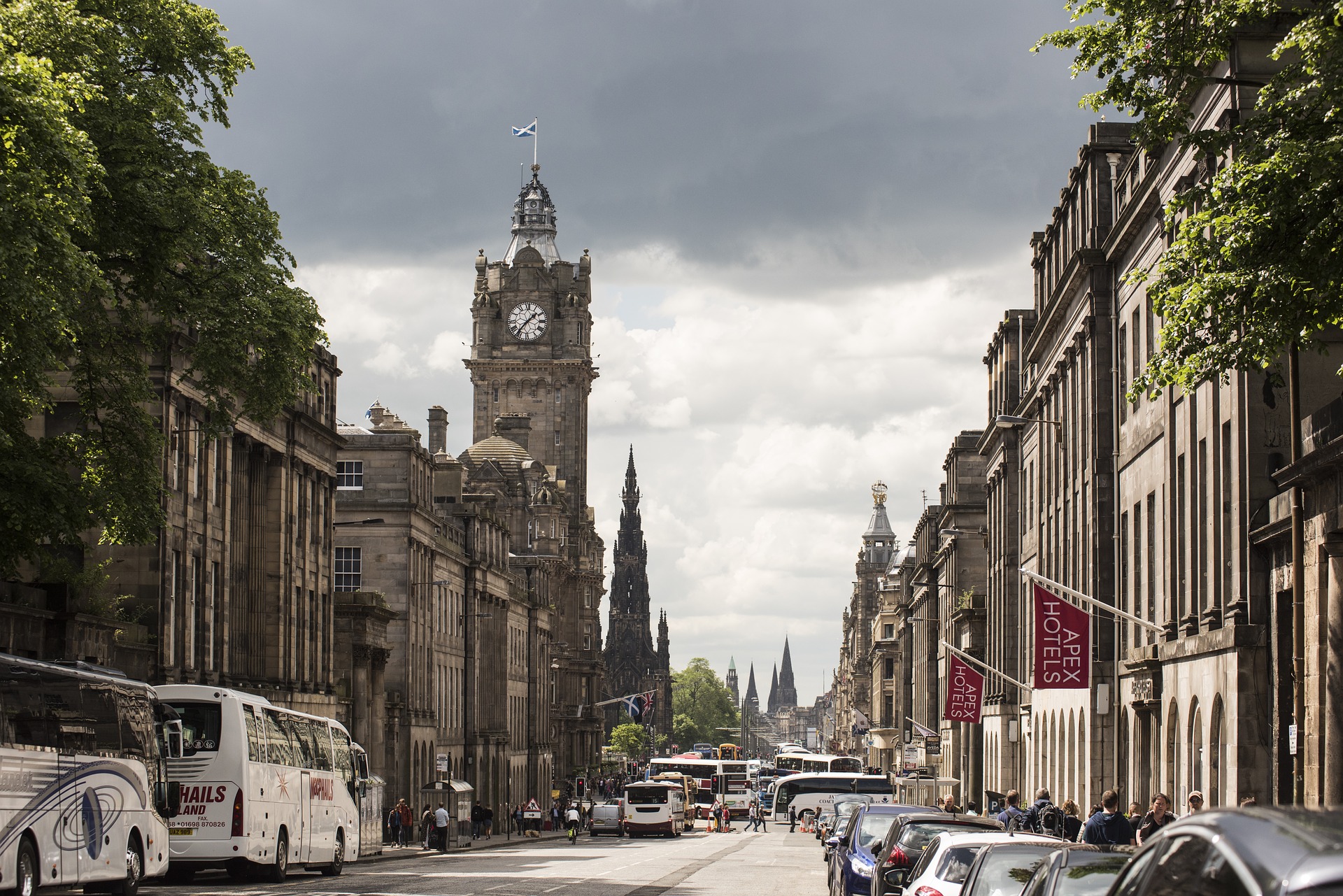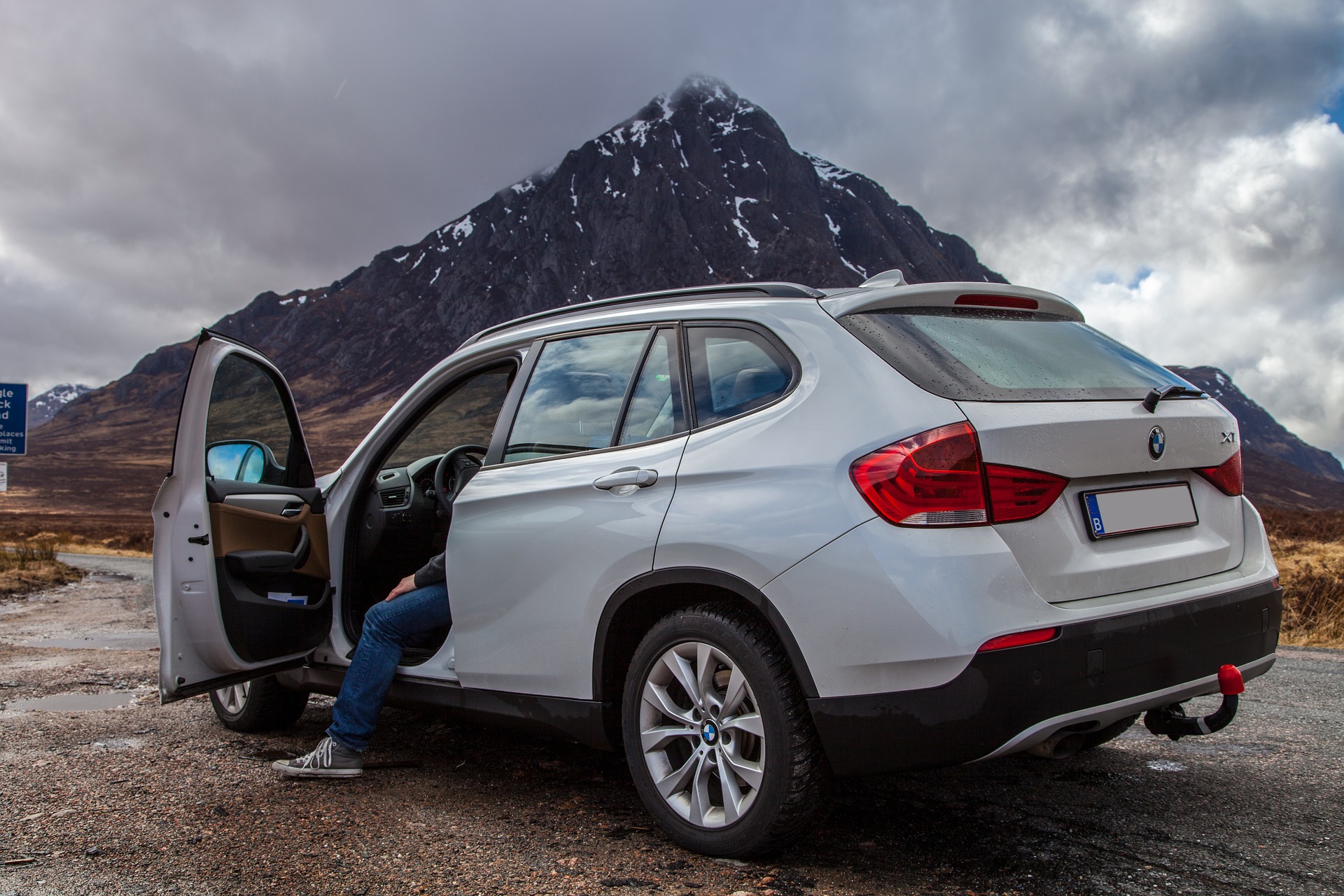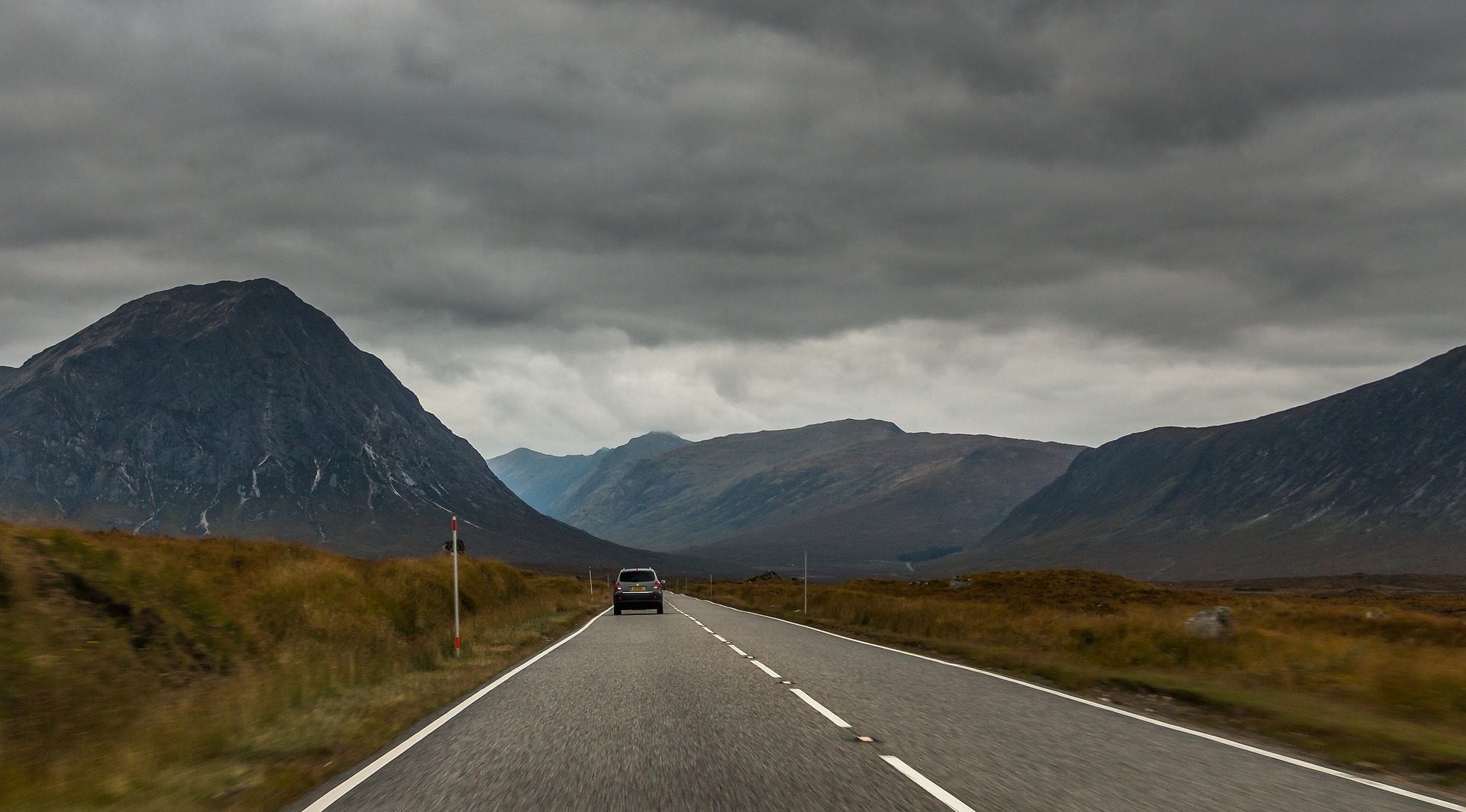Car number plates Scotland create widespread, seemingly unconscious, and ultimately common appearances in day to day life. They’re a beacon of identity and give a vital role in public safety and road security. In Scotland, they’re known as private number plates, which is one of the reasons why they differ from the usual nationalised roads. Private number plates are granted by the Government of Scotland to individuals or businesses who require a private plate for specific purposes. The use of private plates has increased in recent times, as many private car owners do not wish to be linked to either the Police or the National Flag, which are the traditional ways to identify cars and trucks. This form of identification is actually allowed in Scotland under the law, which is a step forward in terms of devolving government.
There are hundreds of thousands of potential private car number plate Scotland combinations, but there are four particularly popular versions that appear more often than others. They are the name and initials of the owner, the date, an initial or the prefix of an upper or lower case letter, and a word or phrase.

How Are Scottish Number Plates Organised?
Scottish Private plates can be purchased directly from a DVLA licensed vehicle number plates dealer, or you can apply for a license online using the convenient application form. Once your application is received and reviewed, it will then be submitted to the DVLA for approval. You can obtain a car number plates from any of the DVLA authorized dealers across the country. However, there is an important reminder for those who wish to purchase private plates directly from the DVLA. When purchasing privately, you must ensure that the DVLA license is in the vehicle. Having private car number plates Scotland is an excellent way to raise the profile of your vehicle whilst keeping details such as the year the car was produced confidential.
The DVLA is responsible for maintaining the Vehicle Registration Number (VPR) and its related registers, and it is these that contain the confidential registration numbers. If a person fails to observe these rules, he or she can be charged with criminal offenses, which include fraud. Failure to return registration plates to the DVLA within the thirty day period is a criminal offence and can result in a fine or suspension of the license. For this reason, all new car number plates Scotland must be bought through the DVLA. If you have previously purchased private registration plates, the DVLA can provide you with a copy of your original registration number.

Understanding Why Private Number Plates Are Valuable
Many motor vehicle enthusiasts find it easier to purchase private number plates by using private sellers than by purchasing through the DVLA. For these individuals, the main advantage of using a private seller is that they are not bound by the rules and regulations imposed by the DVLA. In addition, many motorists find private number plates to be more cost effective when buying second hand cars than purchasing new cars through the automobile registry. Some private number plate dealers also offer to exchange their private plates if the buyer purchases a new car and is then unable to retain the plate. Many motorists have successfully kept their private plates despite the financial difficulties experienced when purchasing new vehicles.
Another popular option is to buy UK registration plates directly from the manufacturer of the vehicles registered with the DVLA. There are various suppliers who offer plates direct from producers such as Ford, Vauxhall, Nissan, and so many others. Although the choice of personalised registration plates is huge, it is recommended to use only those with full DVLA ownership. A full DVLA ownership means that the plate has been issued with a full DVLA Security Type Number, and the plate has been approved by the DVLA for use on vehicles in the UK.

